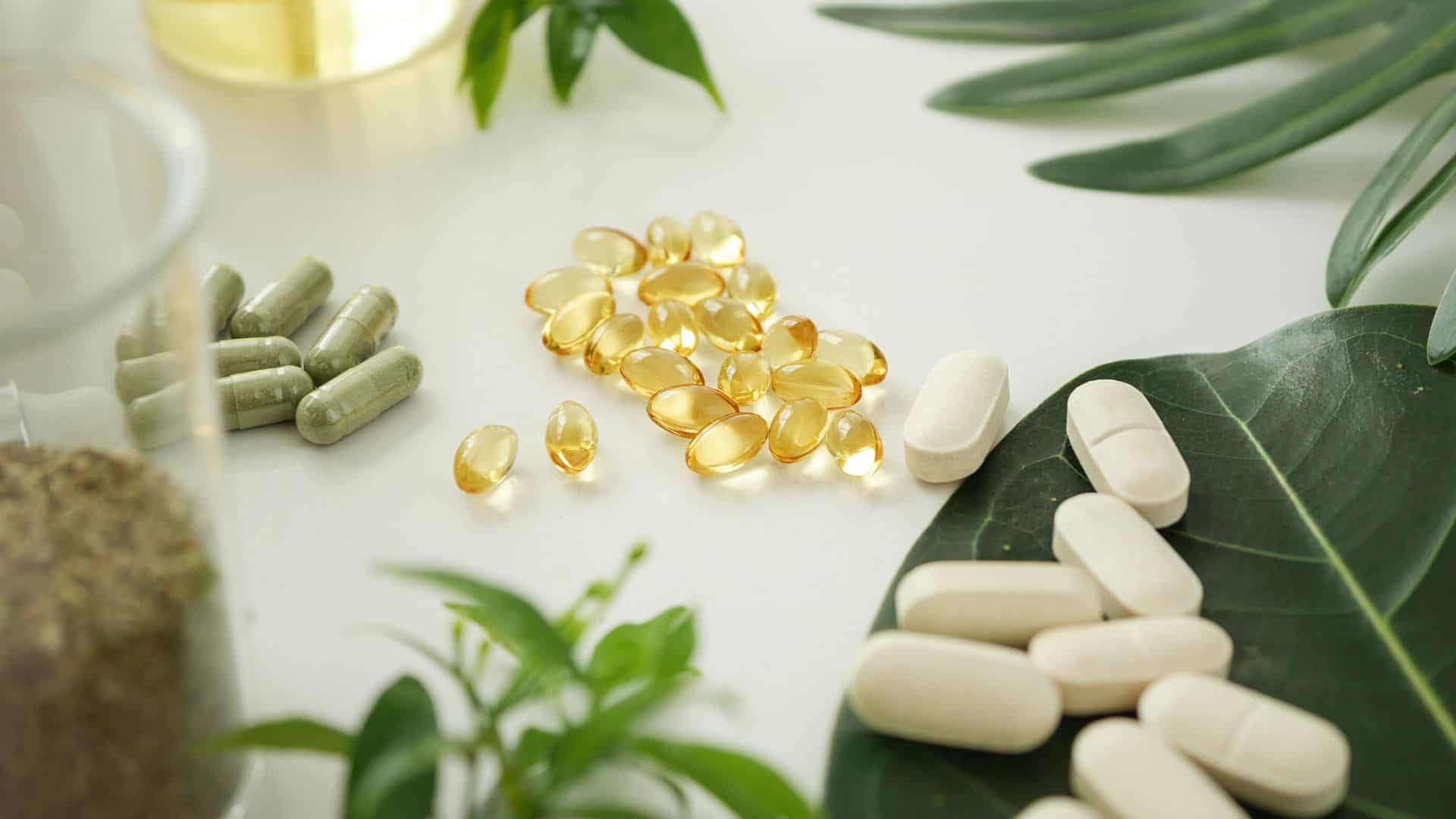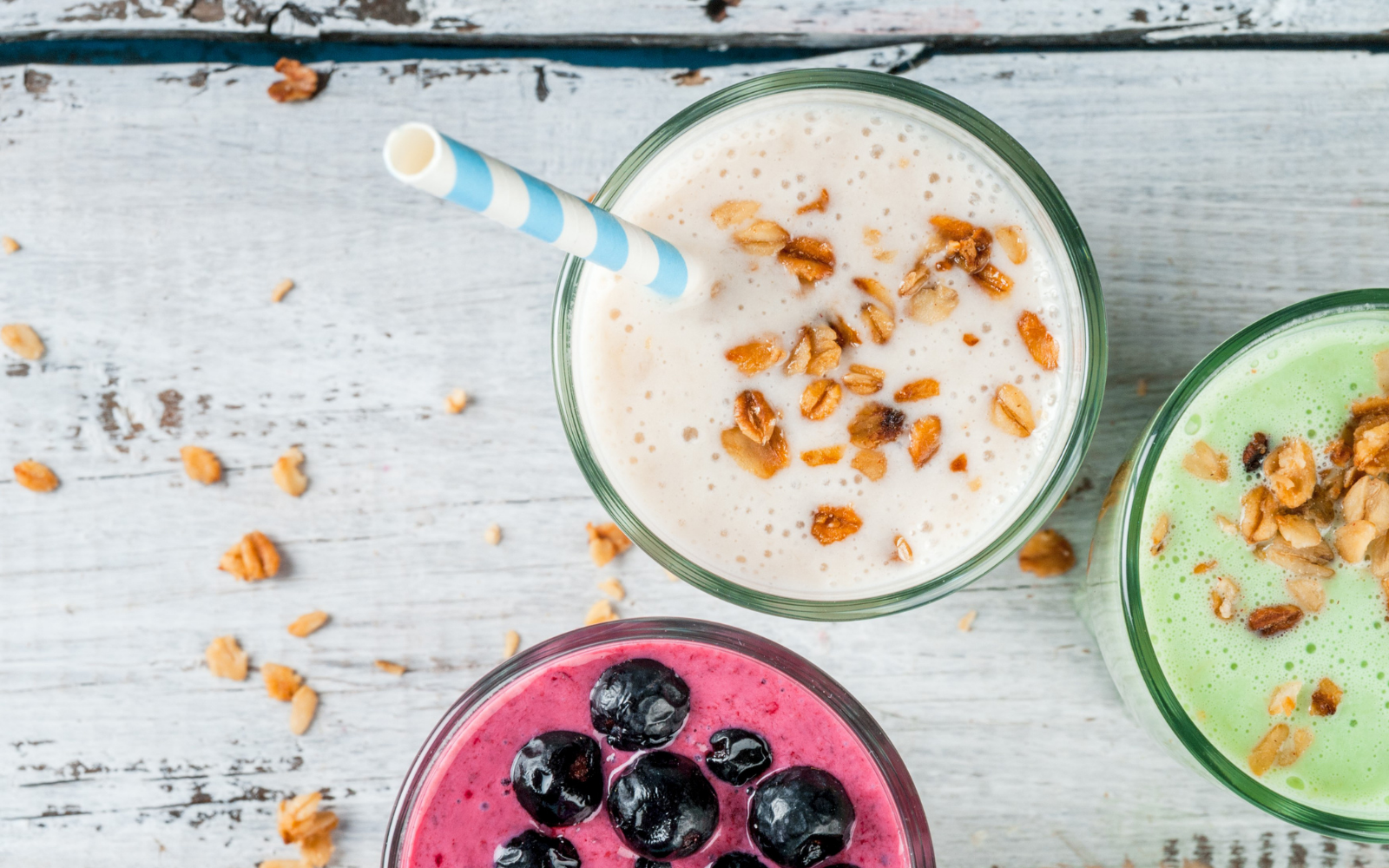Better sleep habits don't happen overnight.
It takes time for your brain to adapt after you make changes to your routine.
Choosing the best tea for sleep can help fill the gaps and give your body that extra push to send you over the edge into ZZZZZ town.
9 Best Bedtime Tea Choices for Restful Sleep
When you need a little nighttime help, these are the best teas for sleep. Most act as a (natural) mild tranquilizer or mild sedative to reduce anxiety and aid with sleep.
1. Lemon Balm Tea
Lemon balm technically belongs to the mint family and tastes like a cross between lemongrass and spearmint. In mice studies, lemon balm increased GABA which suggests a mild sedative effect. In human studies, lemon balm tea slashed insomnia symptoms by 42%! (1)2. Reishi Tea

Reishi is known as the "spirit mushroom" and is used among other things for its mild sedative effects on the nervous system. (2)
People take Reishi Supplements and nighttime tea for its anti-anxiety calming effects.
It's best to take adaptogens and medicinal mushrooms consistently. The natural powers of Reishi work over time and you might not feel the effect immediately.
3. Chamomile Tea
Was Sleepytime® Tea by Celestial Seasonings a staple in your childhood pantry? Its main ingredient, chamomile flower, is a common remedy for sleep and anxiousness due to its calming effect.4. Decaf Green Tea

Green tea and black tea both have caffeine. It's certainly much lower than that of coffee, but if
restful sleep is your goal, caffeine is an obvious no-no.
Caffeine-free green tea, however, allows you to enjoy the relaxing benefits of the herbal tea without the
stimulating side effects!
The amino acid theanine gives green tea its calming effect, which makes the decaf version is a perfect
sleep aid.
5. Magnolia Bark Tea
Have you heard of magnolia bark? It contains high levels of a naturally occurring chemical called honokiol which can boost GABA production, making it one of the best teas for sleep. (3)6. Valerian Root Tea

Valerian tea is another herbal tea on this list that functions in the same way as common benzodiazepines: by increasing GABA production.
Studies show that valerian root can slash insomnia symptoms in nearly 90% of cases -- all without any annoying or dangerous short-term or long-term side effects (like morning drowsiness). (4)
7. Lavender Tea
Some studies show that lavender aromatherapy is as effective for anxiety as a 0.5 mg dose of Ativan (a strong benzodiazepine)! (5) Anyone with sleeping problems should make both lavender tea and essential oil a staple in their natural medicine cabinet.8. Passionflower Tea

One study found that a cup of tea made from passionflower was as effective as a dose of Ambien for promoting sleep quality. (6)
Combine it with valerian root for even more intense calming effects.
9. Lemongrass Tea
Lemongrass promotes better sleep by stimulating serotonin production which helps you feel happy and calm. (7) Boost your lemongrass cup of tea by including valerian root and lavender flower in your tea bag or loose leaf to promote serotonin and GABA in one fell swoop for intense quality sleep!How to Practice Better Sleep Hygiene

Drinking tea can only get you so far if you're practicing poor sleep habits.
We get it. Changing your day-to-day routine isn't easy. It requires determination and perseverance.
Your circadian rhythm tells your body and brain when to fall asleep and wake up.
When something is wrong with your sleep habits, you'll end up waking up in the middle of the night or feeling extremely fatigued in the middle of the day.
Trust us. Following the habits below will help you fall asleep at a "normal" time, stay asleep, and feel much more rested and energized throughout the day.
Avoid Alcohol after 5 PM
Sorry! Although alcohol functions as a nervous system depressant, even a single drink or two can keep you awake at night. (8) As your body processes the alcohol and filters it out of your system, this also triggers your brain to produce stimulating hormones. That's why you wake up groggy in the middle of the night after a few drinks.Check Your Diet and Activity
Your brain needs B vitamins and low-fat protein to produce healthy sleepiness hormones like melatonin on its own.
Your liver metabolizes sugar and alcohol in similar ways so consuming too much sugar before bed could have the same effect as a few drinks (not the fun part).
Fiber is also important. Just make sure you aren't eating too close to bedtime as this can cause acid reflux.
Do you exercise? If not, it's time to reconsider.
Adequate physical activity during the day is vital to a well-regulated circadian rhythm.
Ditch the Blue Light
While setting the phone down at least two hours before bed is ideal, sometimes it's just not possible. If you like reading on your phone before bed, make sure to install a blue light filter. Blue light tells your brain to stay awake and prevents it from producing sleep hormones like melatonin.Try Aromatherapy

Lavender, vetiver, cardamom, valerian root, clary sage, marjoram -- all of these essential oils have a mild sedative effect.
Take a nighttime bath with vetiver and lavender essential oils for a naturally tranquillizing bath bomb!
![What's the Best Tea for Sleep? [9 Choices + Tips]](http://freshcap.com/cdn/shop/articles/1600x1000-types-of-tea_e016bf15-fdac-4298-9efa-f3778d7d5dc5.png?v=1740081112&width=1500)

